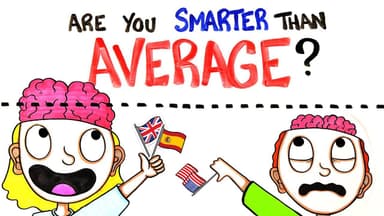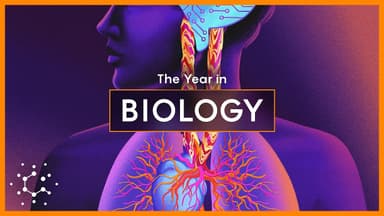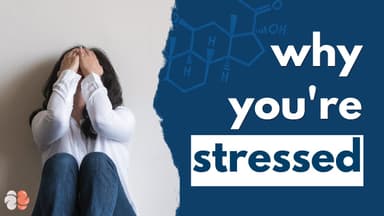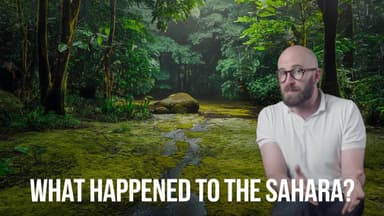Where Is My Mind?
I often wonder where my mind truly resides—it's not just in my head, but extends to the tools, environments, and people around me, shaping how I reason and make sense of the world. As we delve into the complexities of reasoning, we'll uncover surprising challenges that could determine humanity's future, from biases to the need for collective action.
TL;DR
I realized my mind extends beyond my brain, using tools and people to solve problems and build knowledge.
Facing hyperobjects like climate change, I see how reason struggles against unintended consequences and global complexities.
Biases in my reasoning often lead to flawed decisions, but social interactions reveal its true strength for collaboration.
Through deliberation and empathy, we can overcome these biases, turning individual weaknesses into collective wisdom.
Reviving social reasoning might be key to navigating future challenges, ensuring our species thrives together.
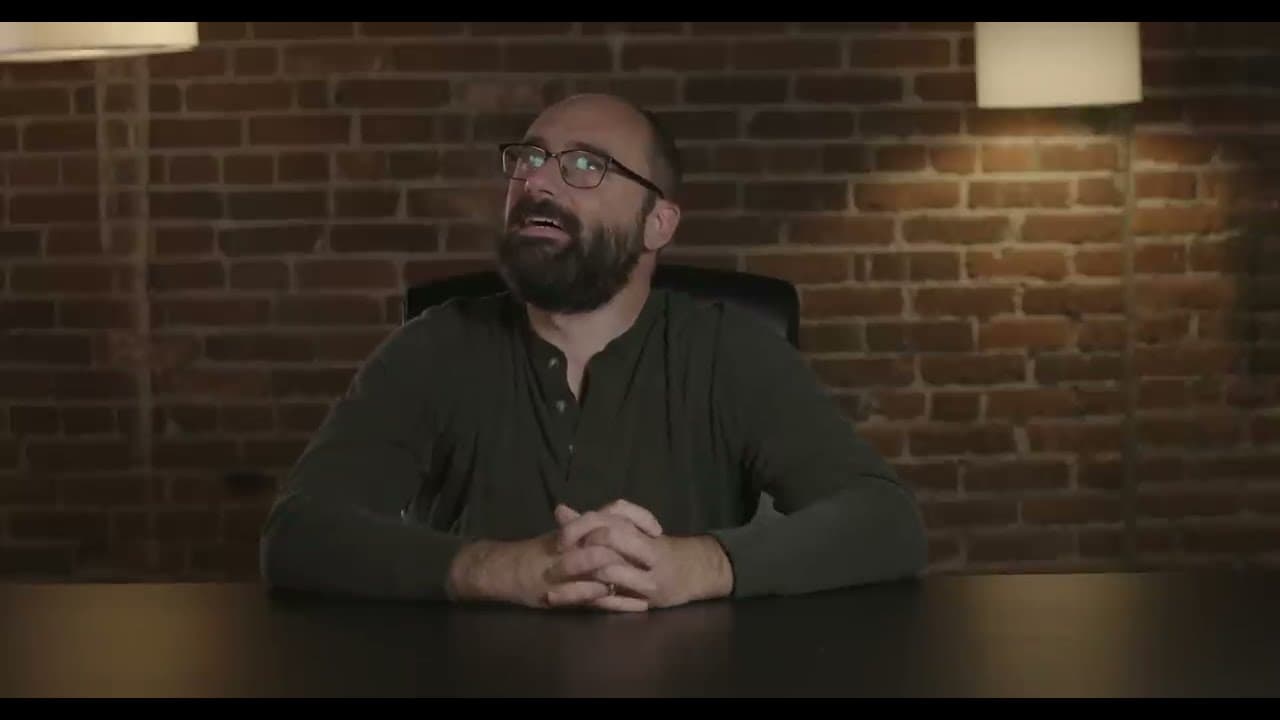
Hey, it's Michael here, and I've always thought about where my mind really is. It's not just in my brain—a wet lump of fat and protein—but something much larger, involving tools like notebooks and calculators, and even other people through communication. We remember, plan, and solve problems together, making our minds an interconnected web of flesh, wood, stone, and steel.
This extension allows me to access others' knowledge without learning everything myself; it's like we're one big, interdependent organism. But as I dive deeper, I see that reason, which has driven us to extend life expectancy and build cities, might not be equipped for the rapid changes we're facing.
In the next few decades, we're building equivalents of new cities every month, with more concrete poured than in the entire 20th century in the US. This growth brings better quality of life, more access to electricity and food, but it also creates unintended consequences, like the release of gases that trap heat and intensify weather events.
These molecules absorb thermal radiation, slowing its escape and leading to stronger storms, droughts, and famines. The stakes are high: more lives and property lost, and a greater reliance on the very systems causing the problems. How do I, or we, rethink everything when solutions involve tradeoffs across jobs, food, and traditions?
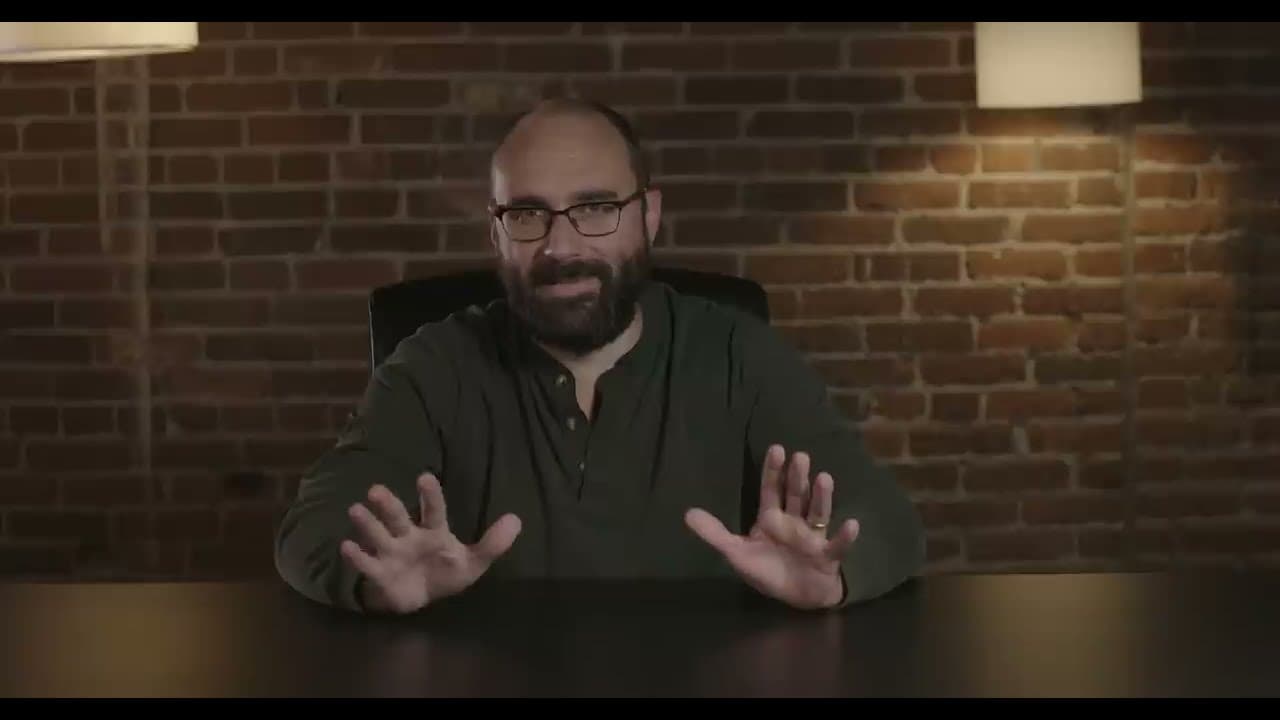
Reasoning, I thought, should guide us to better decisions, but it's not as straightforward as it seems. It's about making inferences from what I know, like how my brain infers depth from 2D images using cues like perspective. Yet, we're often lazy and biased, with behavioral inertia keeping us stuck in old habits, especially when problems like emissions are invisible and distant.
This confirmation bias makes me seek information that supports what I already believe, rather than challenging it. Experiments show we're built to justify conclusions after the fact, not use reason to form them initially. It's frustrating, but perhaps reasoning evolved for social purposes—to convince others and cooperate, not just find truth alone.
When I reason with others, like in discussions or debates, it works better; our disagreements balance out errors, much like the wisdom of crowds guessing jelly beans accurately on average. In our cognitive niche, reasoning helps us hunt, build, and adapt through shared ideas. But in today's world, technology makes it easy to avoid real deliberation, echoing in echo chambers online.
To tackle hyperobjects like climate impact, we need to return to social reasoning. Ideas like national deliberation days or even a "lottocracy," where citizens are randomly selected to make decisions, could foster better outcomes by incorporating diverse perspectives. It's not about celebrity leaders but the collective mind guiding us forward.
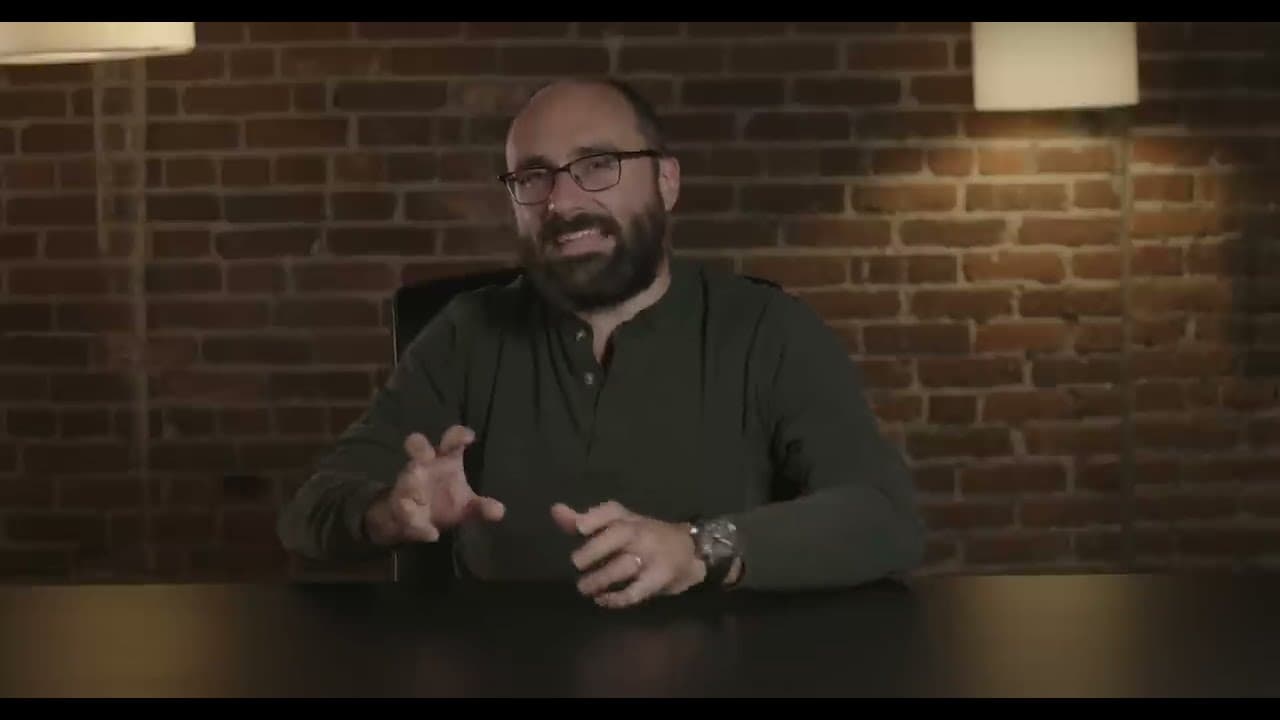
As I reflect on this, extending empathy alongside our minds might be the key to overcoming great filters that could end civilizations. History shows democracy once used lotteries for fair representation, and reviving that could teach future generations how to handle complex problems.
Ultimately, by choosing to deliberate and collaborate, we can shape a legacy that secures our existence amid ongoing challenges.
Key Takeaways
The mind extends beyond the individual, relying on tools and social interactions for effective reasoning.
Reasoning faces biases and is best used socially to address complex issues like climate change.
Collective deliberation can balance errors and lead to wiser decisions for humanity's future.


